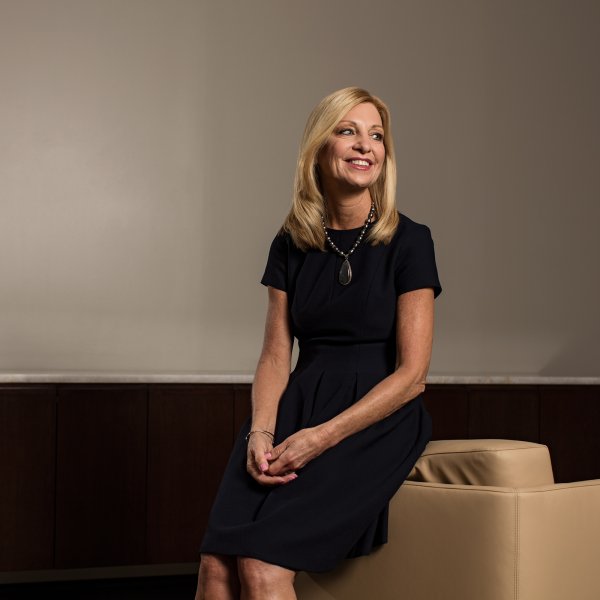If you’ve ever stress-eaten ice cream or washed your hands countless times during a pandemic, you’ve probably used a Unilever product. The consumer-goods giant estimates that 2.5 billion people use its brands—from Dove to Ben & Jerry’s—every day. Now Unilever, which admits to having a plastic packaging footprint of 700,000 tons a year, is aiming to undergo what chief supply-chain officer Marc Engel calls “the greatest transformation” in company history: in May, it will bring its climate-transition plan—which includes a goal of net-zero carbon emissions from all Unilever products by 2039—to a vote before shareholders, making it the first FTSE 100 company to do so.
More Must-Reads from TIME
- Cybersecurity Experts Are Sounding the Alarm on DOGE
- Meet the 2025 Women of the Year
- The Harsh Truth About Disability Inclusion
- Why Do More Young Adults Have Cancer?
- Colman Domingo Leads With Radical Love
- How to Get Better at Doing Things Alone
- Michelle Zauner Stares Down the Darkness






